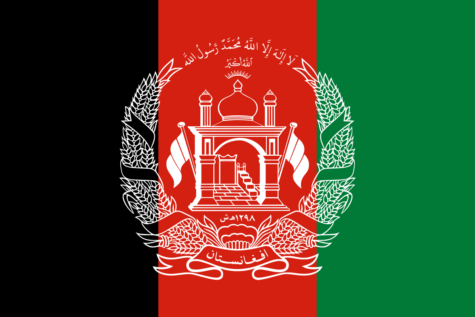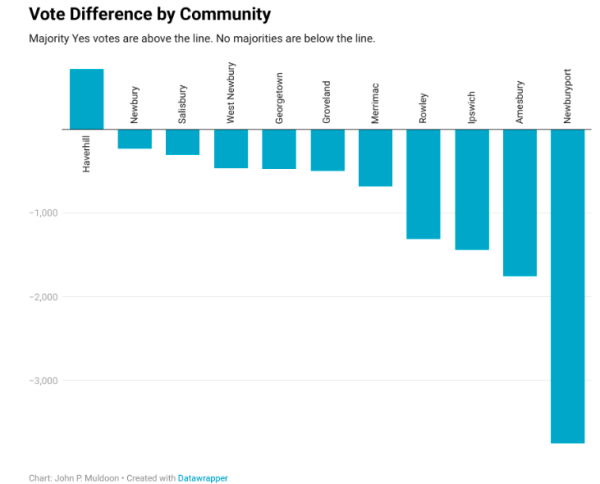The Effects of The Taliban on Afghanistan
December 7, 2021

After 20 years of hard work and determination to bring peace to the people and the country of Afghanistan, the Taliban takes control once again. So what happened? After President Biden’s plan to remove U.S. troops out of Afghanistan was executed, chaos erupted. One day after the troops left the country, the Taliban took control over the major cities in Afghanistan like Kabul, which is the capital of Afghanistan. The Taliban entered the city on Aug 15, ending a 20 year effort to stop the fighting and the violence. Hours after the Taliban took over the capital, they ruled the airports. It was mayhem to get on the last flight out of the country. The airports were flooded with what seemed like a large wave of people desperate to escape. There were obviously not enough planes for everyone, so people who were desperate decided to hang on the side of the planes and on the wings which ultimately resulted in seven deaths and injuries. Out of everyone who will be affected, women are the most at risk.
When the Taliban was formed in 1994 after the Soviet withdrawal from Afghanistan, one of their goals was to make women seem like they had no rights in the country. Some examples of this are that women were not able to get an education or participate in any type of employment. Over the years as the U.S and the Afghani military slowly took control back from the Taliban, the women of the country were slowly given their back their rights to an education and employment. But as soon the U.S troops left, women were once again at risk of danger. Most of them were too scared to either pursue their education or jobs and left school and/or quit their jobs in fear of being killed.
Although many people may believe that the country is failing by the way the media portrays it, that is not entirely true. Many people did get affected by the Taliban taking over the country in negative ways; however, that does not mean that everyone in the country is suffering and are in immediate danger. I interviewed my family members who are still in Afghanistan to explain what the situation was like to them. When I asked my Grandmother, Judy, how she felt when the Taliban took over she said, “I was scared; I was terrified for your Uncle Bob’s life and his family.” At first she was terrified that she would have to run once again. She was reminiscing about the time when the war first started. She explained “I had to run; we wouldn’t stay in one place for more than a week at a time. Everytime the Taliban would find out where we were we were shot at and were in near death situations.”
She said she was terrified of doing that once again, never having a house or family or peace. That was her first reaction, but as time went on she realized that not much had changed for her. She was still doing the same things that she was doing everyday and didn’t worry too much about what was going on. I then asked my Uncle Bob how his life was affected and how is it living in Afghanistan now? He said this in his response “You know what Hasib, nothing has changed. I am still doing the same things everyday. I still go to the Mosque and pray; I still visit family and buy groceries for my family.”
Although the media might be right about certain situations in Afghanistan, it does not mean that the whole is experiencing the same thing. Like my Uncle and my Grandmother who are still going through their day to day life without experiencing all that’s going around the country.






